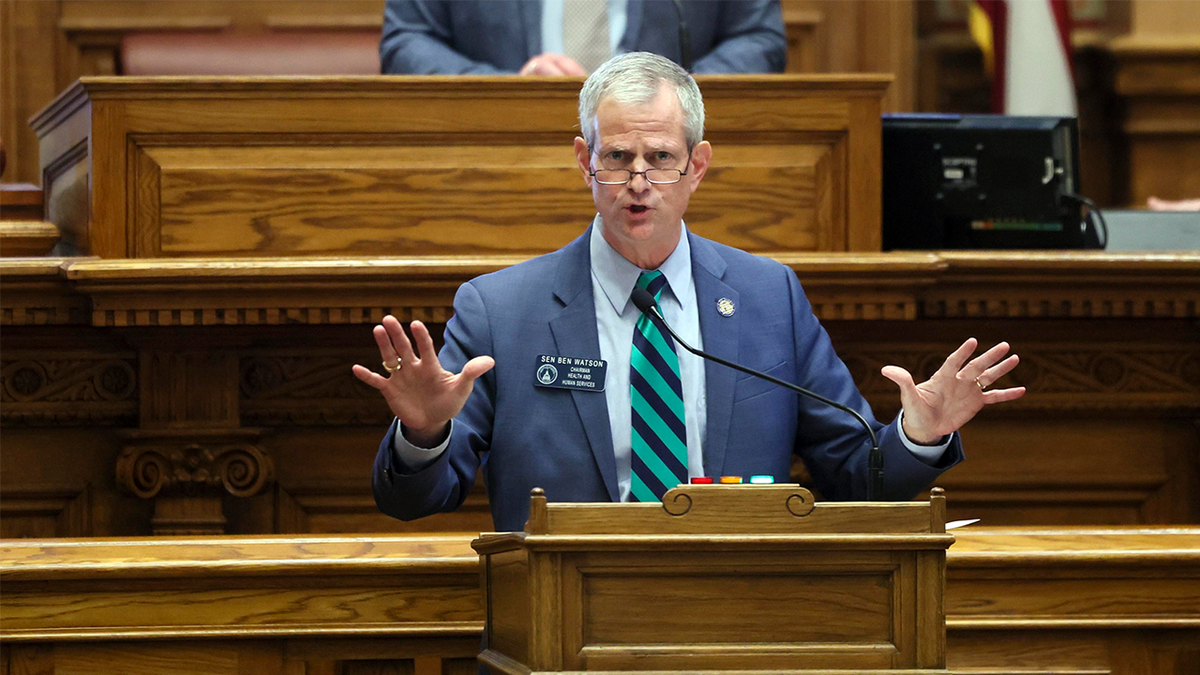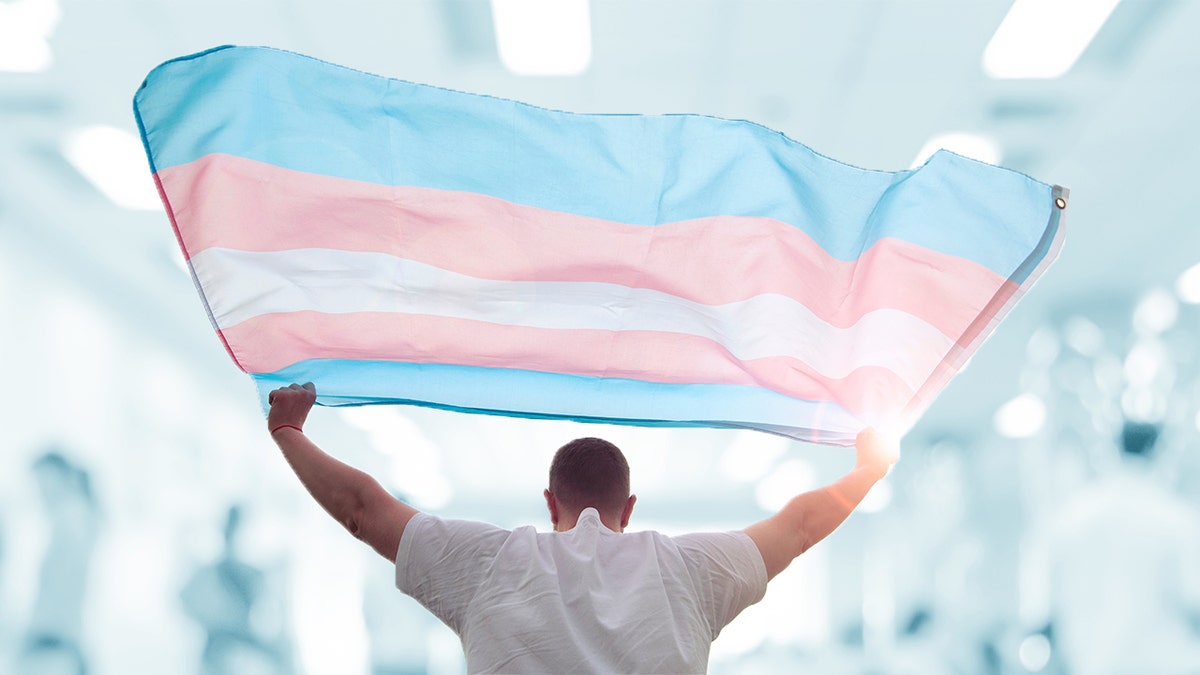The Georgia Senate recently approved two bills that significantly limit access to gender-affirming care. One bill prohibits most gender-transitioning treatments, such as puberty blockers, for individuals under 18, including those currently undergoing treatment. This builds upon a 2023 law that restricted gender-affirming surgeries and hormone therapies for transgender youth unless already in treatment. The bill's sponsor, Republican Senator Ben Watson, argued that minors are not equipped to make such life-altering decisions.
The second bill prohibits most gender-affirming care for inmates in state prisons. This measure, sponsored by Senate Majority Whip Randy Robertson, passed with bipartisan support. Opponents of both bills contend that they infringe on the rights of transgender individuals and their families, while proponents argue that minors require protection from irreversible procedures and taxpayers should not bear the costs of inmate treatments.

Senator Ben Watson speaking at the Georgia State Capitol. (AP)
Democrats proposed amendments to both bills. One sought to allow minors currently receiving gender-affirming care to continue, citing potential medical and emotional risks associated with discontinuation. Another aimed to exempt inmates already on hormone replacement therapy. Both amendments failed. Despite these setbacks, some Democratic senators crossed party lines to support the inmate care bill, expressing concern about the financial burden on taxpayers.

Numerous states have recently enacted legislation restricting gender-affirming care for minors. (Adobe Stock)

The bill concerning inmate care received support from some Democrats. (iStock)
These latest legislative actions follow other recent bills passed by the Georgia Senate, including a ban on transgender girls participating in girls' sports and the elimination of public funding for gender-affirming care for adults. All four bills are now under consideration by the House.








